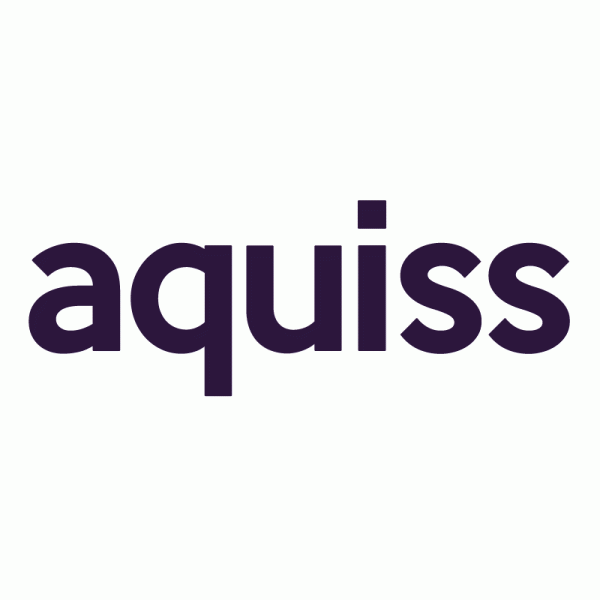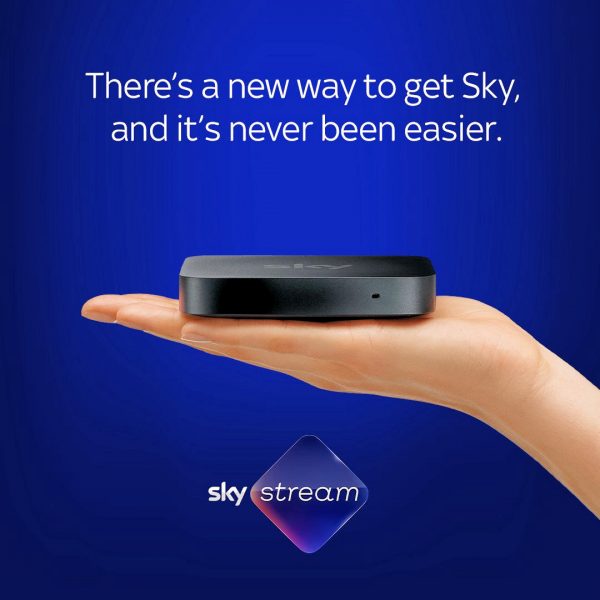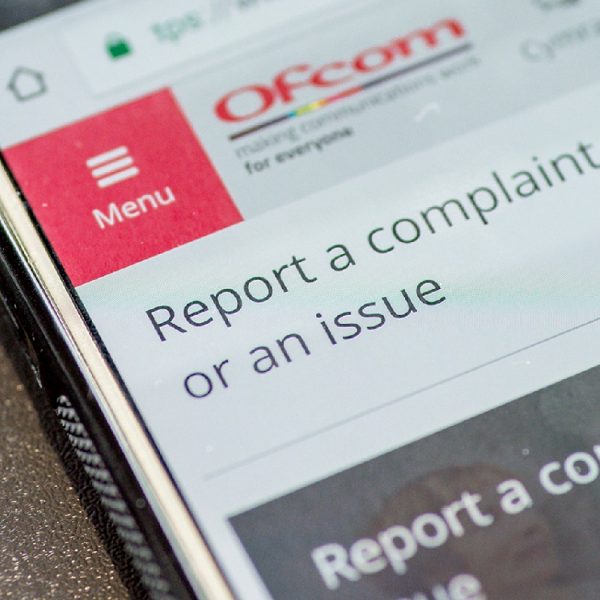Sponsored Links
ZyXEL - Dont Blame ISPs for Broadband Line Speeds
Posted: 12th Jun, 2008 By: MarkJ
Ofcom's new broadband speed Code of Practice (here) has certainly generated some interesting industry opinions (here and here). Today we have a new one from router manufacturer ZyXEL, specifically its Head of Product Management, Jon Pearce.
Pearce comments to us that many UK ISPs have been left "between a rock and a hard place", faced with both high demand for faster services and the heavy cost of backhaul bandwidth, which is coupled to a market that increasingly expects "bandwidth-for-free connectivity":
Mind you, consumers would probably point out that the current market is one of the big providers own making; through a mix of questionable unlimited and free marketing. Its easy to see why customers can expect the world for a pittance when that is often what many of the largest providers still try to advertise.
Pearce comments to us that many UK ISPs have been left "between a rock and a hard place", faced with both high demand for faster services and the heavy cost of backhaul bandwidth, which is coupled to a market that increasingly expects "bandwidth-for-free connectivity":
"You have to empathise with Internet Service Providers in light of the publication of a voluntary code for regulating published broadband line speeds. Ofcom appear to have misunderstood the meaning of the up-to prefix that precedes the advertised service provider bandwidth numbers. Equally, you can see that some ISPs put the up-to prefix in the Terms and Conditions, but mostly in small wording that could be missed by the consumer.
Dedicated high-speed connectivity is available if businesses are prepared to pay for it. The challenge for UK ISPs is that, having waited for a killer app on which to justify their high-speed infrastructure upgrade programmes, the mass adoption of online video has left many UK ISPs between a rock and a hard place. Faced with significant new demand for high-speed broadband connections service providers are faced with a prohibitive backhaul pricing model from the major UK incumbent on one side, and a commoditised consumer market that now expects bandwidth-for-free connectivity, that means they cannot build viable business models that enable last mile links to be upgraded to fibre.
Until service providers solve this conundrum, delivering the highest broadband line speeds across the entire network and at a competitive price point - will remain an ongoing challenge."
Dedicated high-speed connectivity is available if businesses are prepared to pay for it. The challenge for UK ISPs is that, having waited for a killer app on which to justify their high-speed infrastructure upgrade programmes, the mass adoption of online video has left many UK ISPs between a rock and a hard place. Faced with significant new demand for high-speed broadband connections service providers are faced with a prohibitive backhaul pricing model from the major UK incumbent on one side, and a commoditised consumer market that now expects bandwidth-for-free connectivity, that means they cannot build viable business models that enable last mile links to be upgraded to fibre.
Until service providers solve this conundrum, delivering the highest broadband line speeds across the entire network and at a competitive price point - will remain an ongoing challenge."
Mind you, consumers would probably point out that the current market is one of the big providers own making; through a mix of questionable unlimited and free marketing. Its easy to see why customers can expect the world for a pittance when that is often what many of the largest providers still try to advertise.
Search ISP News
Search ISP Listings
Search ISP Reviews
Latest UK ISP News








Cheap BIG ISPs for 100Mbps+
150,000+ Customers | View More ISPs
Cheapest ISPs for 100Mbps+
Modest Availability | View More ISPs
Latest UK ISP News
Helpful ISP Guides and Tips
Sponsored Links
The Top 15 Category Tags
- FTTP (5513)
- BT (3514)
- Politics (2535)
- Openreach (2297)
- Business (2261)
- Building Digital UK (2243)
- FTTC (2043)
- Mobile Broadband (1972)
- Statistics (1788)
- 4G (1663)
- Virgin Media (1619)
- Ofcom Regulation (1460)
- Fibre Optic (1394)
- Wireless Internet (1389)
- FTTH (1381)
Sponsored
Copyright © 1999 to Present - ISPreview.co.uk - All Rights Reserved - Terms , Privacy and Cookie Policy , Links , Website Rules

































